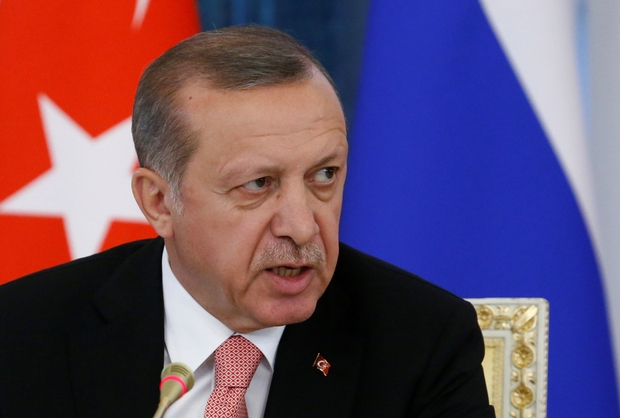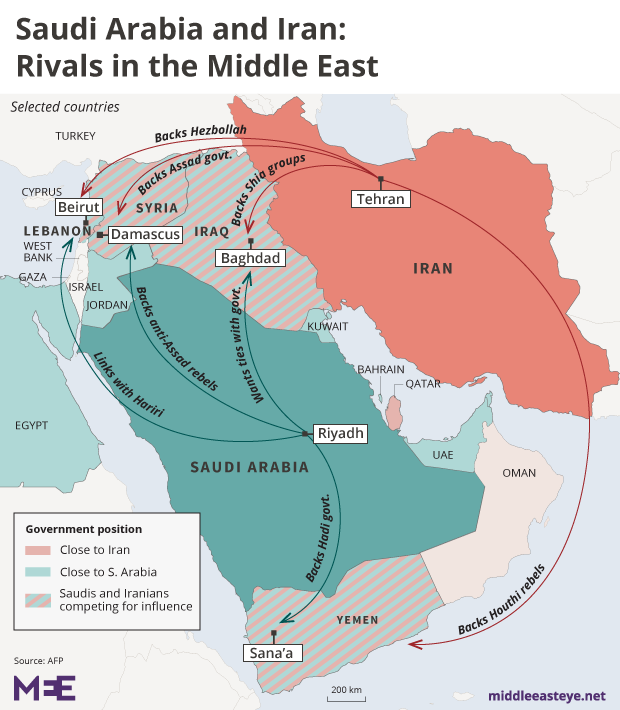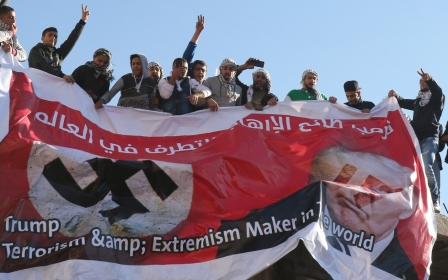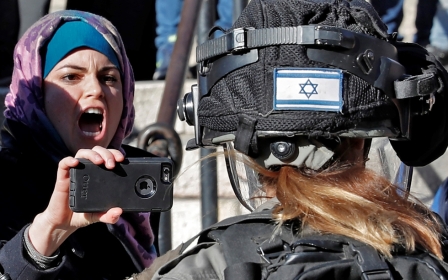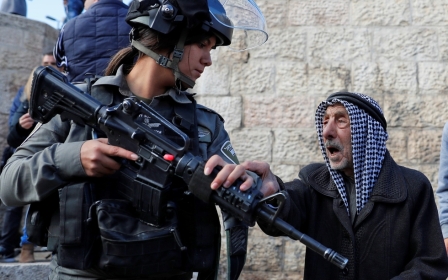Palestine is no longer a priority for Saudi Arabia and the UAE
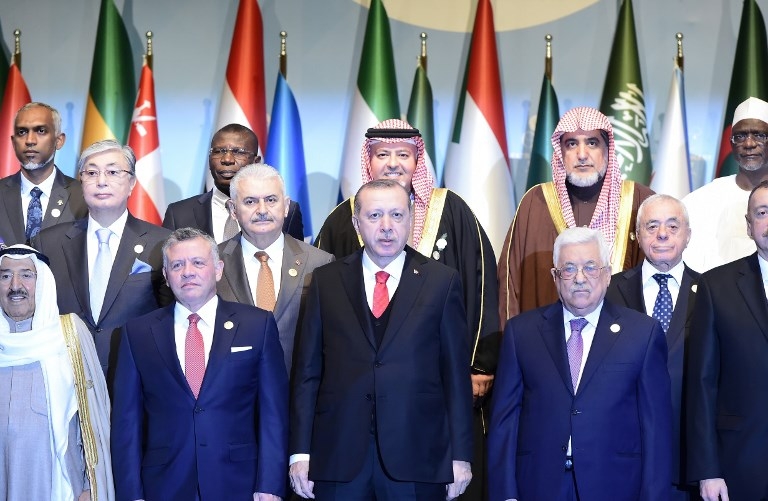
The extraordinary summit of the Organisation of Islamic Cooperation (OIC) that was held on Wednesday in Istanbul posed an important question: how can a divided Muslim world bring a strong response to the American unilateralism on the Jerusalem question?
The fate of Jerusalem is a major concern for the Muslim world. Back in 1969, the attempted criminal arson of the Al-Aqsa mosque by an Australian Jewish extremist had led to the creation of what was then called the Organisation of the Islamic Conference.
An honorary role
Located in Jeddah in Saudi Arabia, this international organisation, that has a permanent delegation in the United Nations, brings together 57 Muslim countries of the world. Besides defending Jerusalem, it aims at reinforcing the solidarity between its member states.
For a long time, the organisation's role was only honorary. It was subject to political rivalries that divide the Islamic world and often found itself under Saudi control. However, since the Gulf War of 1990, things have changed and the state of the power balance seems to have shifted away from Riyad's diplomacy for the past 20 years.
It is incidentally significant that the extraordinary summit was called by Turkey, and that it takes place in Istanbul, not in Mecca.
It is significant that the extraordinary summit was called by Turkey, and that it takes place in Istanbul, not in Mecca
The Muslim world has been in turmoil since the American administration's decision on 6 December to recognise Jerusalem as the capital of Israel. Over the past week, demonstrations have been organised in the entire world and numerous protests have been taking place in front of American embassies.
The low-key - to say the least - reactions of the Muslim governments have been criticised by many. The OIC summit was therefore a sort of response to show that they (governments) are also preoccupied by the need to protect the third holiest site in Islam.
Two opposing stances
Non-Muslim countries such as Venezuela have insisted on taking part in the summit as observers, an additional proof of the transversal nature of the Palestinian question. Bolivia had already asked last week for an emergency meeting at the UN Security Council following Washington's decision.
Within the Islamic world, there are however two opposing lines. The first is led by Turkey and Iran who used strong words against Trump's administration and warned it of an irresponsible decision that only added fuel to the fire. Followed by a few other Muslim states like Malaysia, Algeria, Tunisia, Morocco and Qatar, this duo has taken the lead in the protest.
Erdogan made sensational speeches and declarations and even threatened to sever diplomatic ties with Israel. Russian President Vladimir Putin’s recent visit to Ankara, during which an important military agreement was signed, is also part of this context.
In the Middle East, a new strategic axis bringing together Turkey and Iran is indeed becoming more and more real
In the Middle East, a new strategic axis bringing together Turkey and Iran is indeed becoming more and more real. Supported by Qatar and sponsored by Russia, this camp seems on a roll, and, turning its back on the Syrian crisis that deeply divided the region, it seems these days that it wants to put the Palestinian question at the forefront of its priorities
The other camp is represented by Saudi Arabia, Egypt and the United Arab Emirates. This trio, which established the blockade on Qatar in June, has also forged the strongest ties with Israel over the past few months.
Without any complexes, the proponents of that line have imposed a wall of silence on those who tried to criticise their policies by repeated arrests of all those opposing their line (emir, ministers or ulemas). They are also openly calling for the establishment of a new alliance with Tel Aviv.
The 'Iranian expansionism'
According to these countries, "Iranian expansionism" is the biggest threat to stability in the Middle East. In this context, the Palestinian cause cannot be considered a priority anymore, and it is up to the Arab states to ally together with the Trump administration and the Netanyahu government to face up to a common enemy.
Saudi novelist Turki al-Hamad, a dominant figure of the Saudi literature scene and a man listened to by the highest-ranking leaders of the kingdom, has declared: "Palestine is no longer the Arab's first cause after its people sold it out."
The leaders of these three countries - Bahrain, a de facto a Saudi protectorate, can be added to this axis - seem particularly disturbed by the Istanbul summit, manifested by the low-level representation they dispatched to Istanbul.
While Cairo and Abu Dhabi sent their foreign ministers, Riyad "only" sent its minister of religious affairs.
As the Jerusalem question dominates the international debates, it remains the one issue that has historically brought together a divided Arab and Muslim world. There is no doubt that the Saudi-led position on Iranian expansionism may aggravate the legitimacy deficit of these three regimes in the Muslim world.
Criticised by numerous observers as "Arab zionists", there is little chance that this camp can act in the interest of the Palestinians.
Worse still, some leaks in the Israeli and American press have revealed that Trump's decision on Jerusalem would not have been taken without the support and backing of some Arab countries like Egypt or Saudi Arabia.
- Nabil Ennasri is a doctor in political sciences and the director of the Observatoire du Qatar. He is the author of L’énigme du Qatar (Armand Colin editions). You can follow him on Twitter: @NabilEnnasri
The views expressed in this article belong to the author and do not necessarily reflect the editorial policy of Middle East Eye.
Photo: a traditional “family picture” taken during the opening of the extraordinary summit of the Organisation for Islamic Cooperation (OIC), 17th December 2017 in Istanbul (AFP)
This article was originally published on Middle East Eye’s French page.
Middle East Eye propose une couverture et une analyse indépendantes et incomparables du Moyen-Orient, de l’Afrique du Nord et d’autres régions du monde. Pour en savoir plus sur la reprise de ce contenu et les frais qui s’appliquent, veuillez remplir ce formulaire [en anglais]. Pour en savoir plus sur MEE, cliquez ici [en anglais].



